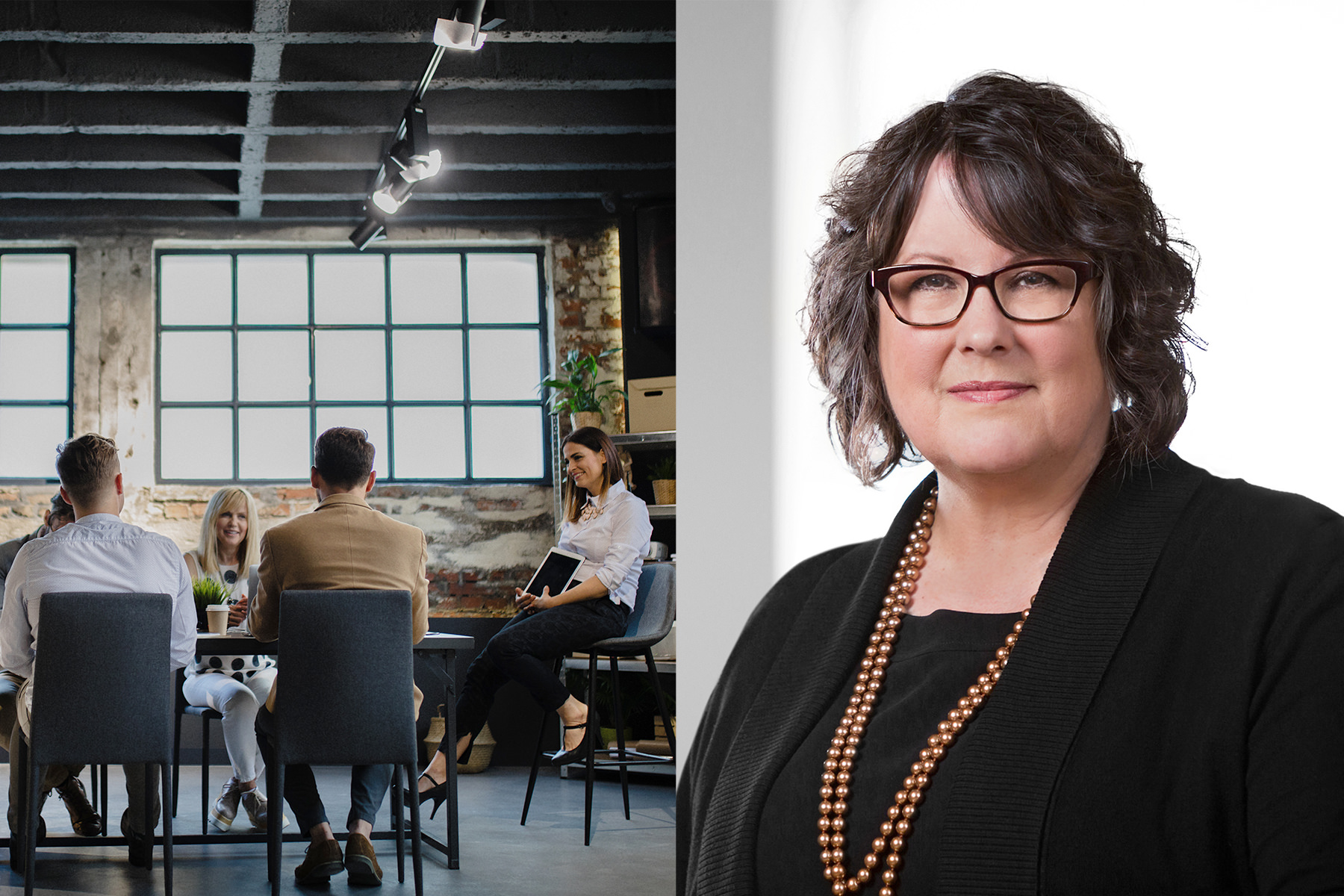What if you could make your next project a success before ever breaking ground? Developers are always looking for new ways to dominate the marketplace, and today we’re looking at tried-and-true tactics for leading the charge on industry trends: using focus groups in the design and planning process. We spoke with consumer research expert Maureen Ladley, Principal of Ladley + Associates, to find out more about how listening to customer feedback can be a powerful step in your overall design strategy.
What is the purpose of conducting a focus group?
ML: What we do really comes down to consumer research—taking questions that a business has, along with their objectives, and talking to their target audience to get answers. For real estate, that means talking about design (whether it’s the product itself, a community or site, amenities, or even the consumer experience). When builders are trying something new, it’s so much nicer to test things out while they’re still in the design phase.
It’s really about helping builders have a way to test out ideas, or to demonstrate demand before a project goes to market. This is especially helpful when dealing with financial partners.
How has technology influenced the research process?
ML: Technology has forever changed what a “focus group” can be. We still offer traditional sessions with people sitting around a table, looking at boards on easels (and I still do those!) but we now have technology that allows us to feature more options. We can host an event happening at a singular physical location, or we can have a video conference online where everyone connects from wherever they are. We can host a three-day bulletin group where people just type in their answers whenever they like day-by-day, with an opportunity to upload images or assign tasks beforehand.
In the case of working on design—forget the focus group, we recommend setting up a showcase, allowing people a chance to touch and feel finishes and experience features (similar to automotive research). Like a test drive experience. There’s also an opportunity to design alongside community groups for real-time feedback on iterations.
The idea of a focus group is really broad these days, we try to tailor each session to meet our client’s specific needs, and what works best for the questions they’re trying to answer.
What makes an effective focus group?
ML: It’s really about tailoring to the client’s particular needs and to define the profile of the audience we’re targeting.
For residential real estate, our favorite individuals to talk to are actually recent purchasers of similar products. The reason we love them is because they’ve recently shopped, and have already faced the research and tradeoffs involved in the process. They realize no home is perfect, so they’re very good about telling us what choices they’ve had to make along the way. They understand values and trade-offs.
It’s really tempting to turn this kind of research into a survey and quantify what you hear, but the point of a focus group is to hear the scope and variety of opinions your audience has, and to learn more about their overall decision-making process.
Any advice for developers interested in working with focus groups?
ML: Don’t be afraid of it. We’ve encountered builders that are afraid to ask their customers to voice their opinions in a group setting, but there’s real value in talking directly to your customers. For construction groups that can embrace this as part of their process, it can make a tremendous difference. For a team that is innovating and trying new things, focus groups provide open-ended information and feedback, which leads to more solid decision making.
Do you ever consider consumer research mandatory?
ML: If you’re in a highly competitive market where you need to stand out, I would definitely encourage working with focus groups. If you’re interested in building more of what’s already out there, and that’s your core business—great. But if you’re in a highly competitive market, you need to outperform any existing conditions. You’re innovating or trying something new, and you want to make sure you’re keeping up with how consumers expect to be marketed to these days.
Learn more about Ladley & Associates at ladleyandassociates.com.




